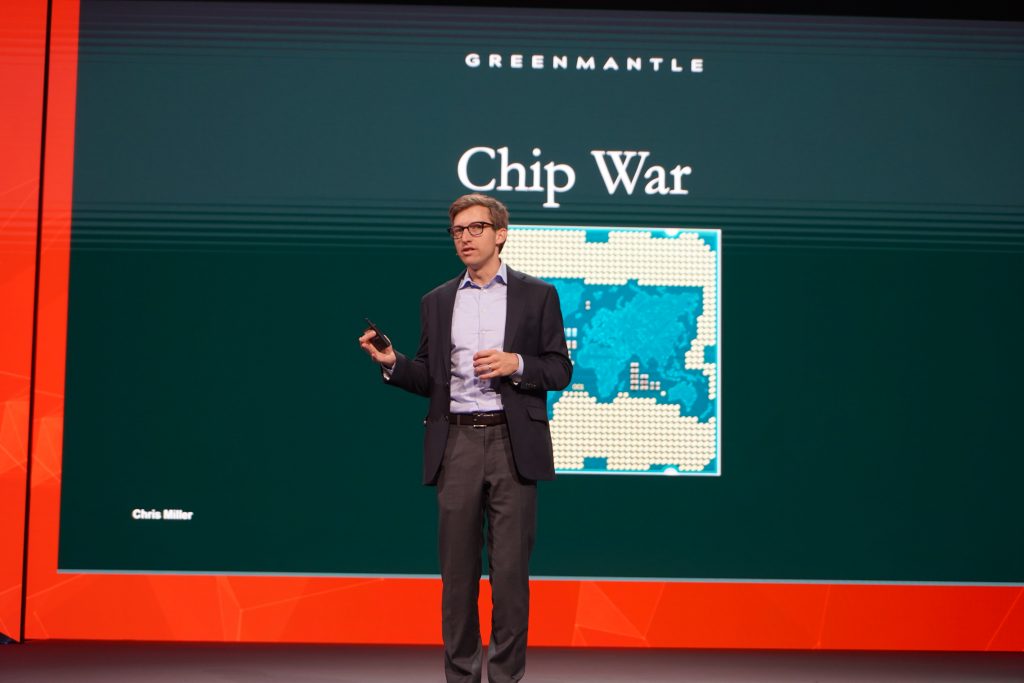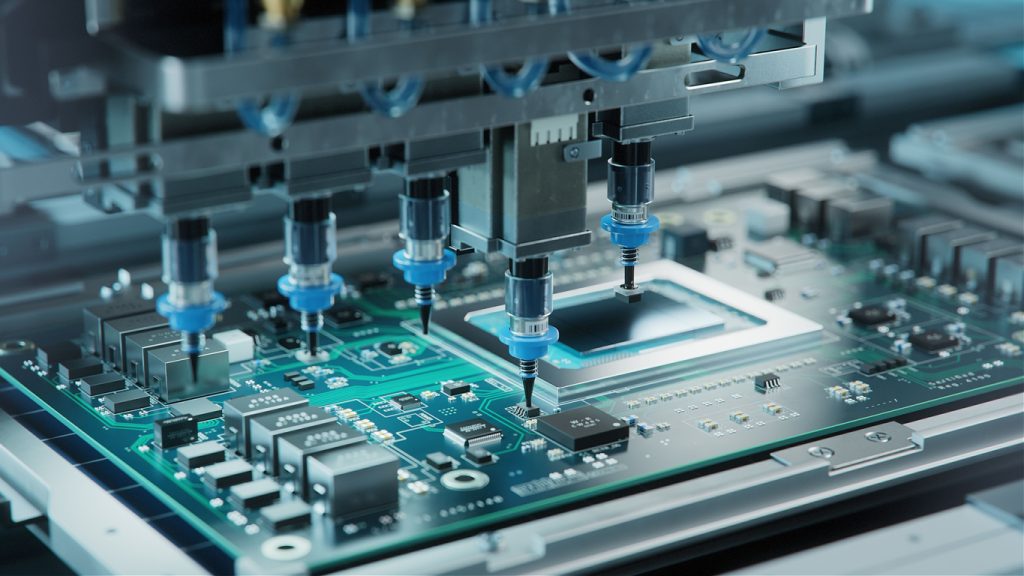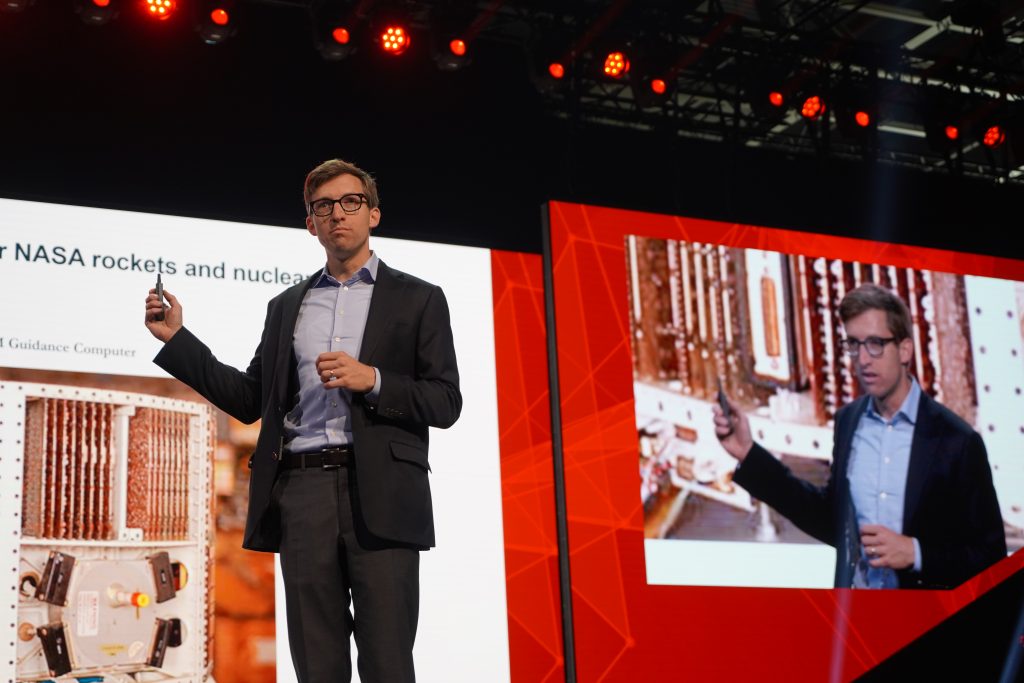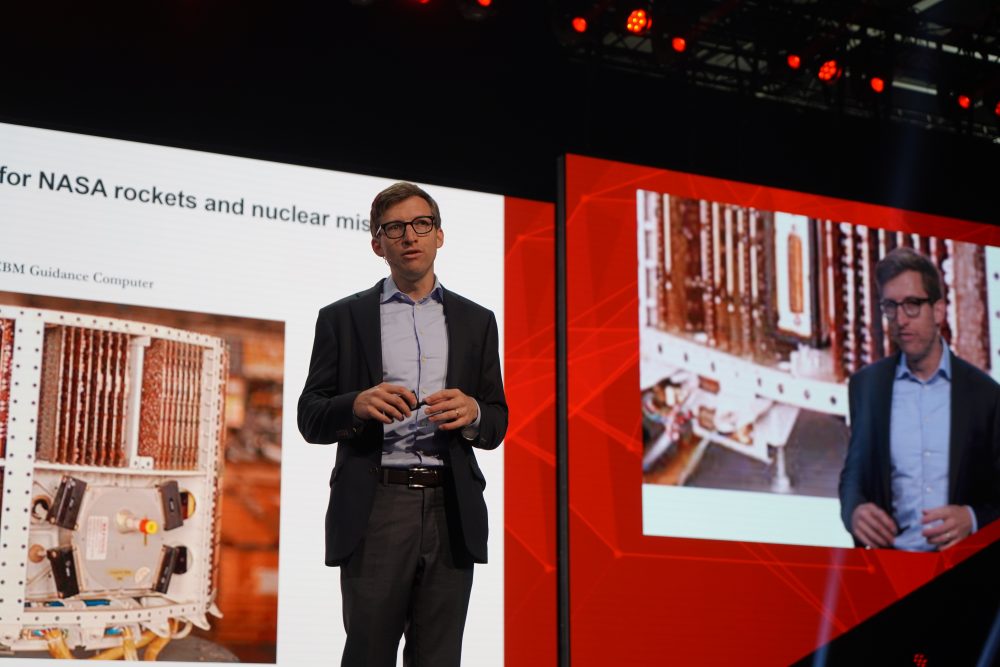Artificial Intelligence has been a major buzzword in the technology industry over the past year with the emergence of generative AI platforms such as Chat GPT. More than 77 percent of companies are either using AI in some capacity or experimenting with the use of AI. However, the semiconductor chips that power artificial intelligence are not readily available. They are remarkably scarce and rely on a complicated and fragile international production system.

The fragility of this system was put on full display during a keynote delivered at IFA Berlin 2023 by Chris Miller, Assistant Professor of International History at the Fletcher School of Law and Diplomacy at Tufts University and Author of Chip War: The Fight for the World’s Most Critical Technology.
“There are just five countries that matter when it comes to producing the chips that make AI possible: The United States, Japan, Korea, Taiwan, and the Netherlands,” said Miller. “No one else is remotely significant. No one else has any advanced technology that matters.”

While the United States, Japan, Korea, and the Netherlands are all critical to advanced chip development, Taiwan is the only country capable of manufacturing the physical chips. Taiwan, a small island located in the East China Sea with a population of just 23.5 million, is responsible for 60 percent of the world’s semiconductor manufacturing and over 90 percent of the world’s most advanced chips.
The global semiconductor manufacturing process is not only reliant on Taiwanese manufacturing as a whole but on one specific manufacturer: The Taiwan Semiconductor Manufacturing Company (TCSM). Miller elaborated on this dynamic by saying, “[TCSM] produces almost all of the advanced processors including the chips that are used for training the AI systems that the world depends on.” These critical pieces of technology act as the ‘mind’ that powers everything from iPhones to the missile defense systems being used in Ukraine.
He went on to say, “The Taiwan Semiconductor Manufacturing Company (TCSM) is a critical chipmaker to almost all of the world’s key technology players. Apple, Nvidia, Broadcom, and Qualcomm are all fundamentally dependent on this one firm, which is just a handful of facilities arrayed on Taiwan’s Western coast.”
Terrifyingly, Taiwan is sitting in a region that is in the midst of a “dangerous and destabilizing arms race.” And, according to Miller, “every military in East Asia is preparing for a new era of conflict.” China, for example, has expanded military spending by 10 percent over the period of 2000 to 2016, according to a RAND Corporation report, and is showing no signs of slowing down.

Moreover, Chinese President Xi Jinping has made it very clear on the global stage that China has territorial ambitions for Taiwan, saying back in 2021 that “The historical task of the complete reunification of the motherland must be fulfilled, and will definitely be fulfilled.” Just think about what would happen to the global technology section and the semiconductor industry if China were to invade Taiwan.
The message of Miller’s keynote was simple and chilling: Taiwan is in a fragile geopolitical situation and without Taiwan global semiconductor manufacturing would crumble. “Even within the tech sector and even within the chip industry, people are only dimly aware of all of the choke points where just a couple of companies, or sometimes just one company, produce critical technology,” he said.















